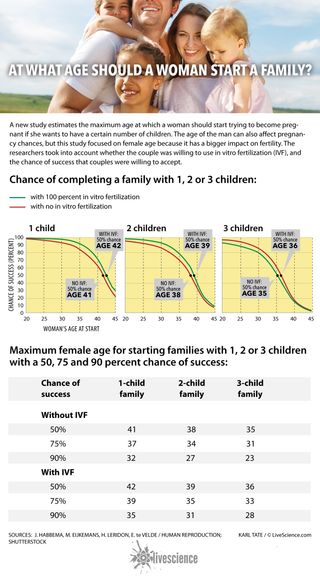Infographics
Latest Infographics
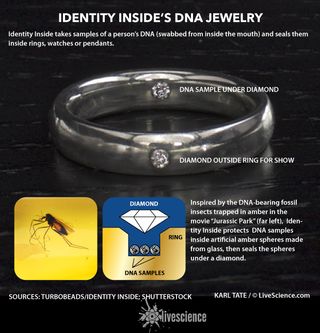
How DNA Jewelry Works
By Karl Tate published
A company is embedding human DNA into watches, rings and pendants.
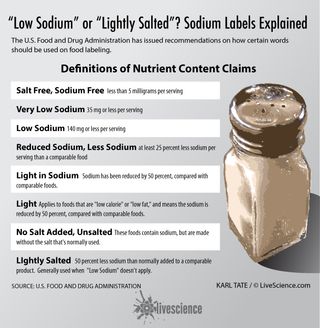
Salt Labeling Explained (Infographic)
By Karl Tate published
USDA recommendations for salt labeling on food packaging.
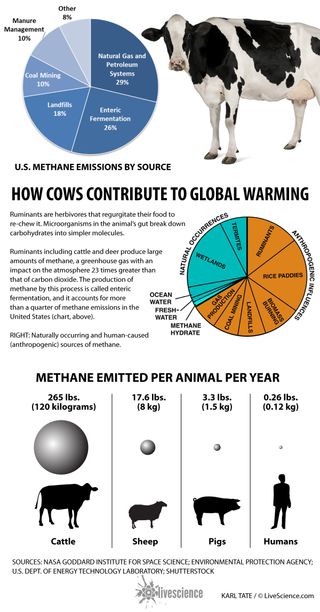
The Role of Animal Farts in Global Warming (Infographic)
By Karl Tate published
Methane gas fermented in the guts of farm animals contribute up to 26 percent of U.S. methane emissions.

How the Time Traveling 'Back to the Future' DeLorean Works (Infographic)
By Karl Tate published
Doc Brown's time machine is a nuclear powered, stainless-steel flying car.
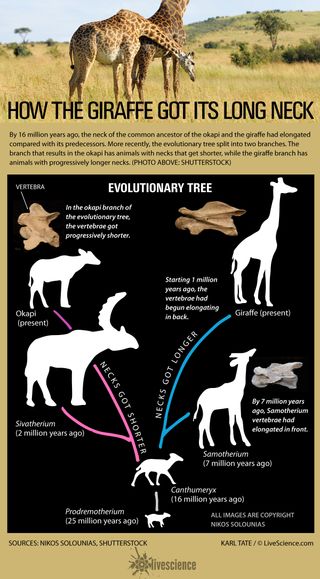
Here's How the Giraffe Got Its Long Neck (Infographic)
By Karl Tate published
An ancestor of the giraffe split into two evolutionary branches, one leading to the okapi with its short neck and the other branch leading to the giraffes.

Who Believes in Aliens? (Infographic)
By Karl Tate published
A poll recently showed that greater than one in two persons polled believes that intelligent extraterrestrial life lurks somewhere in the cosmos.
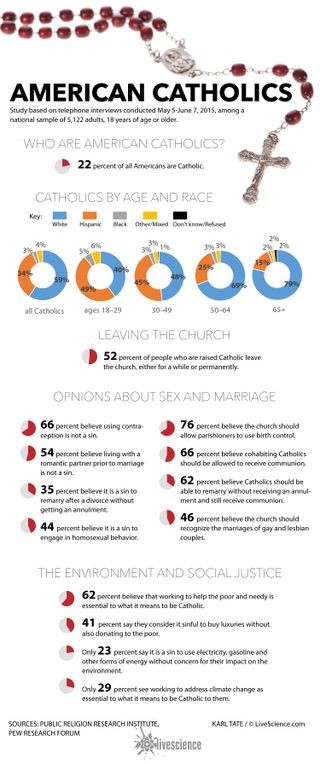
Survey of the Attitudes of American Catholics (Infographic)
By Karl Tate published
Ahead of the Pope's visit to America, the Pew Research Forum interviewed 5,122 Catholics about their views on various topics.
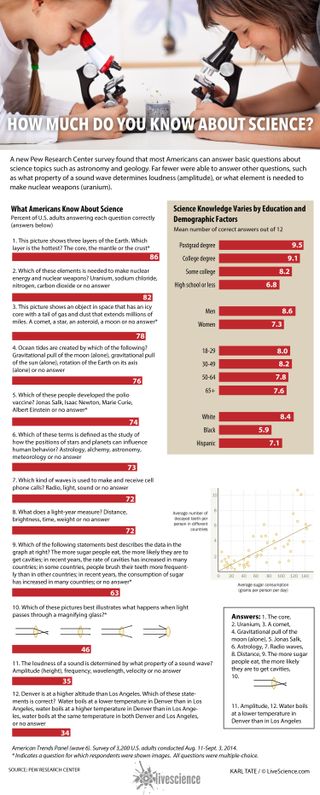
Testing the Scientific Knowledge of Americans (Infographic)
By Karl Tate published
A Pew survey tried to determine the level of scientific knowledge of the average American.
Get the world’s most fascinating discoveries delivered straight to your inbox.



